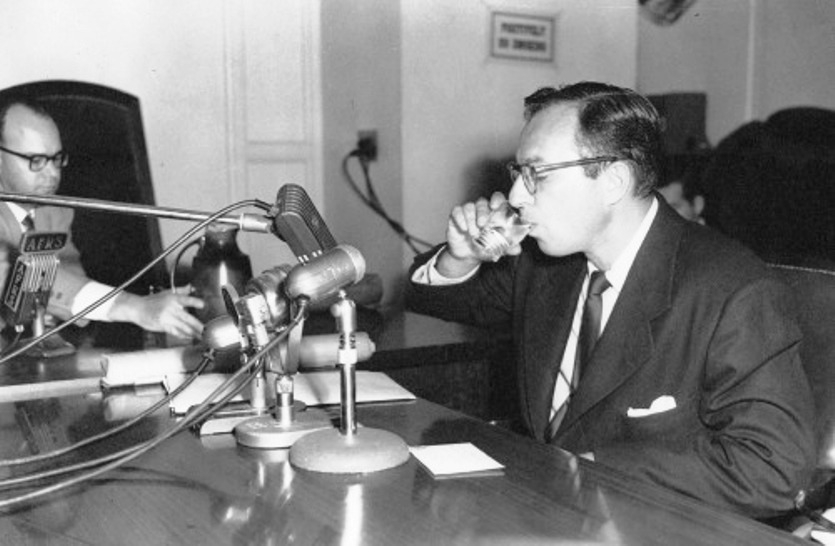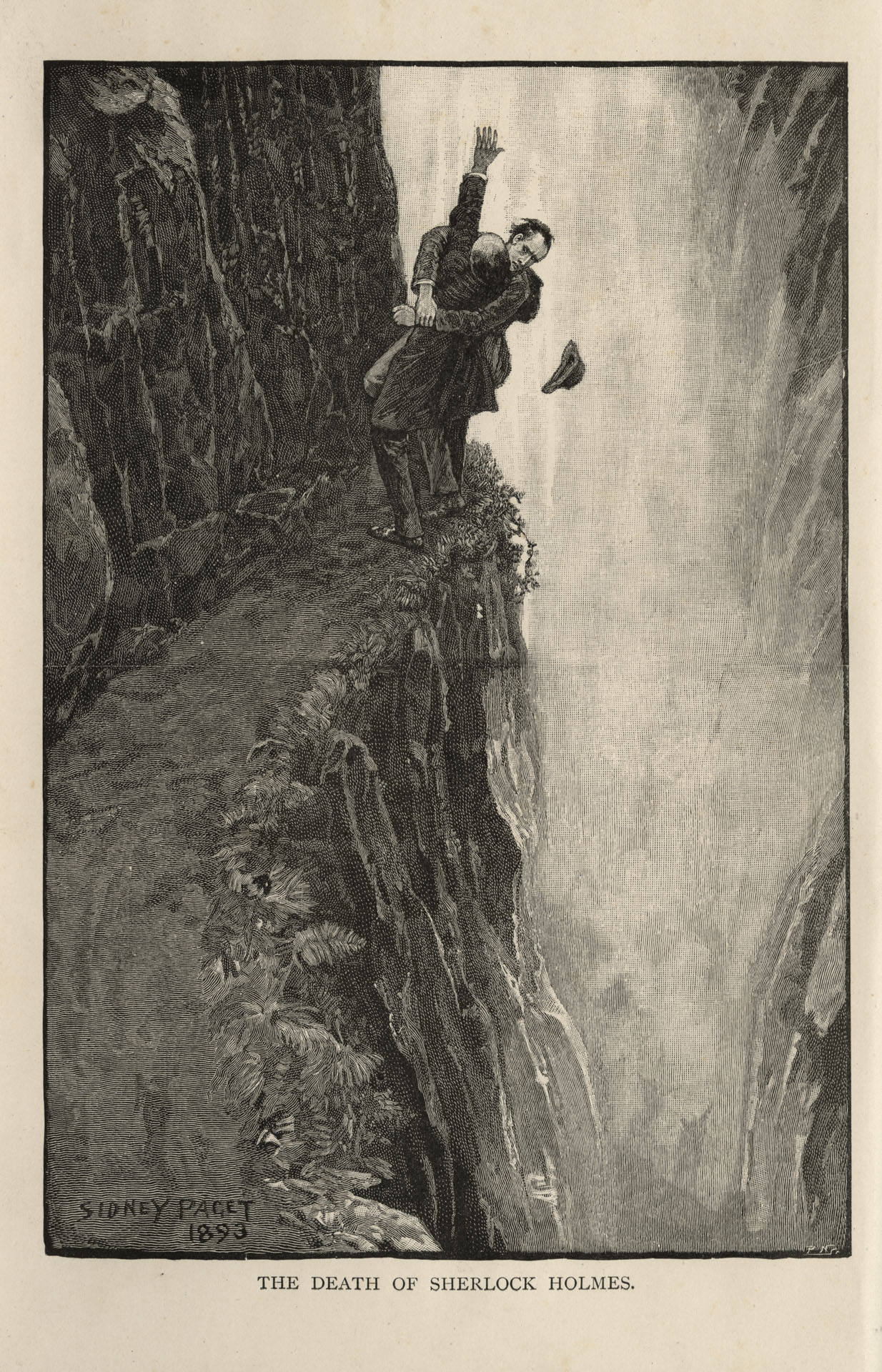One of the most iconic images in Hollywood film is a static black and white picture of a pair of train tracks trailing into a distant western landscape.
By itself, it doesn’t seem to say much. However, in the western classic High Noon, the image represents a reckoning that’s coming and the man whose actions make him a reluctant hero.

“I would say a hero has two basic qualities” former marine Captain Dale Dye told me in an interview, “a selfless devotion to what’s right, whether that’s his duty or not, and the courage of his convictions.
“That’s simplistic,” Dye says, “but the classic example is the firemen and policemen who went into the World Trade Center and the Pentagon. Look that was a dangerous situation. Everybody knew it was a dangerous situation. But, those folks had a higher devotion of doing something larger than themselves. It wasn’t just about a job at that point. Nobody is going to die for a job. They were outside themselves.”
High Noon is many things to many people. To me, it’s an example of both characteristics of a hero, as defined by Dye. It’s about a man who acts out of principle to do the right thing and protect a town that has turned its back on him; and how that same man demonstrates physical courage by putting his life in imminent danger.
However, as author and film historian Glenn Frankel writes in his new book, High Noon – The Hollywood Blacklist and the Making of An American Classic, the film also parallels a moment of principle by the film’s screenwriter Carl Foreman who was called before the House Committee on Un-American Activities during production of the film. He was blacklisted by Hollywood for refusing to name names before the committee.
Forced to leave the company he had founded with producer Stanley Kramer and moving to England, Foreman was not only a man without a country but suffered from a simmering outrage from the rejection he had endured.
“Carl was a different man when I got [to London],” his wife Estelle tells Frankel. “He was not the husband who had left. He was angry now, all the time. He tried to sit at the typewriter and write (but) was too angry.’
“Oscar night was a terrible ordeal,” Frankel writes. “Not only did Carl not win best screenplay, his name was not even mentioned by the other High Noon winners. Gary Cooper wasn’t at the ceremony, and the others – Elmo Williams, Harry Gerstad, Dimitri Tiomkin, and Ned Washington – neglected to thank the writer who was the true father of the film. ‘They tried not to mention him at all,’ says Jonathan Foreman, Carl’s son. ‘It was like this weird Stalinism – he didn’t exist, there wasn’t a writer.’ ”
While Foreman would go on to successfully write screenplays for Bridge on The River Kwai, and The Guns of Navarone, it took years for him to openly receive acknowledgement from the community he was forced to leave. His return to Hollywood in 1975 was embraced by the studios with several projects in the works. But nothing came from them. In 1983, after dropping his racket on a tennis court, a CAT scan found a brain tumor. His close friend, John Weaver asked if there was anything he could do. Foreman mentioned the Oscar he had never received for Bridge on The River Kwai.
“Everyone knew [Foreman and fellow blacklisted writer Michael Wilson] had written it but how could they prove it?,” Frankel writes.
Ultimately, a copy was found in Wilson’s papers and in June 1984, the board of the Writers Guild unanimously agreed that credit for the David Lean directed film belonged to Foreman and Wilson.
Weaver reported the happy news to Foreman who had left the hospital, but remained bedridden at home. The next morning the writer was dead.
“The blacklist period,” Foreman said years later, “was like a continuous earthquake, in the sense that almost everybody involved… lost their footing in it in some way or other.”
For a time, Foreman lost his reputation, his wife and his country. He eventually recovered his standing and, with a new English wife, had begun a new family. And Hollywood finally acknowledged his accomplishments with the Oscar he so richly deserved.
Comments









